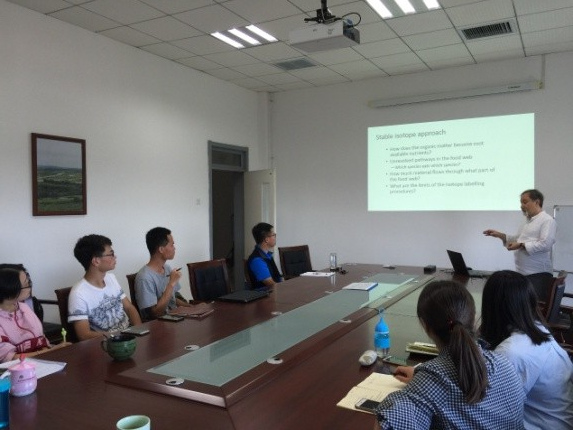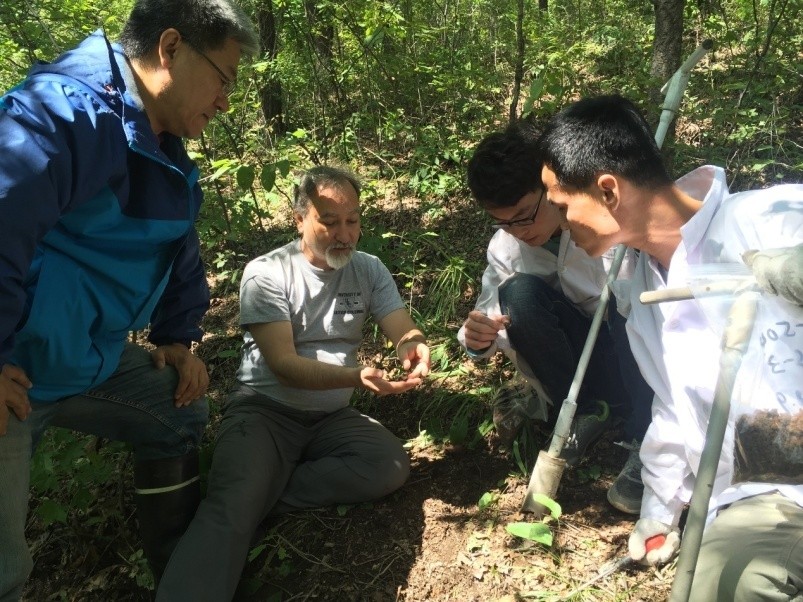I felt a tremendous honor to receive the CAS-PIFI in 2016. Recognition from such a famous and globally respected institution was humbling. It allowed me to stay three months to focus on developing projects and collaborations with a variety of colleagues. We have maintained these relationships and built on them through annual stays in China of 1-3 months. Working through the CAS system, from within China, provides a deeper appreciation for its scope and resources. It enables and supports diverse programs at an international level. There are young scientists being nurtured to grow and build a strong research career, in an environment with supportive and competitive experienced researchers. I have come to appreciate the range of institutes and field facilities that are maintained. It allows ideas to be tested immediately to build a strong case for further funding. For westerners Chinese culture and language can be a forbidding hurdle. However, the CAS provides an environment with supportive colleagues that have English competencies to help. In addition, students are eager to practice their speaking and publication writing in the language of international science. These provided for accessible living in China and allowed me to discover and to appreciate the rich culture from a long history of civilization. I visited many museums and historical sites. I have a fondness for the complexity of Chinese cuisine from its diverse regions. Through my successive visits, I have become more comfortable living in China on extended stays. 
We have brought together researchers that would not have interacted otherwise. We have diversified the range of techniques used in the laboratory. We have sampled a transect to represent a land-use intensity effect on biodiversity to develop bioindicators for a densely populated agricultural region. We have improved the quality of some publications. Maintaining a flexible and well-funded basic research program is key to any ambitions towards developing applications. It is basic-research that fills the pipeline of ideas from which applications emerge. Typically that pipeline incubates and explores ideas for many years before letting out useful applications. The flow of applications that emerge are driven by the amount of flow of new ideas that go into the pipeline. The ability to acquire young scientists with skills in basic research discoveries will provide sustained output of applications years later. The 2018 physics Nobel prizes are strong reminders of how this happens, and in fields of application unrelated to the original research. I have several research relationships with colleagues in various cities in China. Visiting regularly helps to continue our collaborative research output. I intend to keep these collaborations and strengthen them with new funding. 
By Prof. Sina Adl, University of Saskatchewan, Canada
|